Scientific advances have made detailed information about our genetic makeup readily available and easier to attain. Who collects the information and who gets to keep it? What kind of power do those who gather and keep genetic information hold? Studying the genes of our ancestors and historical figures could prove to be enlightening. Yet, who’s to say they shouldn’t be able to take their DNA to the grave?
The public is invited to join in a conversation about what the future might look like Monday, July 30, 6 – 8 p.m. at the Chicago History Museum, 1601 N. Clark St., Chicago. Features speakers include:
- Lori B. Andrews, J.D., is Distinguished Professor of Law; Director of the Institute for Science, Law and Technology; Associate Vice President, IIT's Chicago-Kent College of Law; and author of many books, including The Clone Age: Adventures in the New World of Reproductive Technology.
- William J. Catalona, M.D., is Professor of Urology; Director, Clinical Prostate Cancer Program, Robert H. Lurie Comprehensive Cancer Center, Northwestern University Feinberg School of Medicine. He has been involved in a case with Washington University over who owns tissue samples—research institutions who use the materials or the patients from which the samples came.
- Russell Lewis is Executive Vice President and Chief Historian at the Chicago History Museum and will be discussing issues related to the DNA of Abraham Lincoln.
- Larry Miller is an Intermedia and Fluxus artist whose multimedia pieces—including those copyrighting his own DNA—have focused on questions of genetic ownership
This program is free and open to the public, but reservations are required. Make reservations via 312-422-5580 or ihc@prairie.org.
This discussion is one in a year-long series, Future Perfect: Conversations on the Meaning of the Genetics Revolution, presented by the Illinois Humanities Council in partnership with the American Medical Association, the Chicago History Museum, and the National Society of Genetic Counselors.
Categories:
Public Social Issues Techology
Tags:
chicago history museum chicago-kent school of law genetics illinois humanities council illinois institute of technology

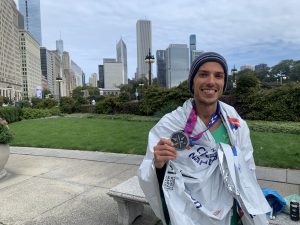
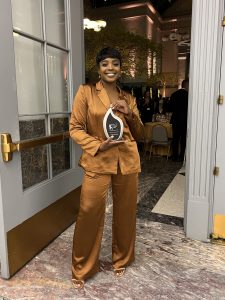
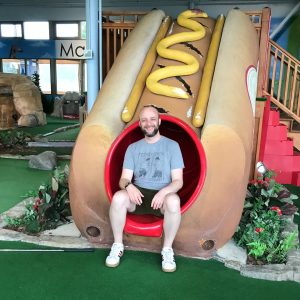
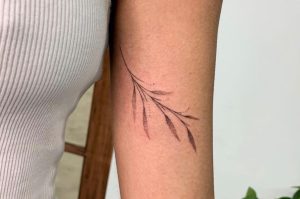
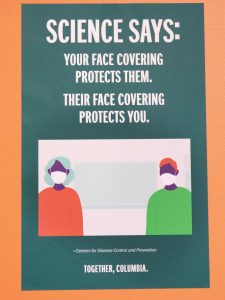
Be First to Comment